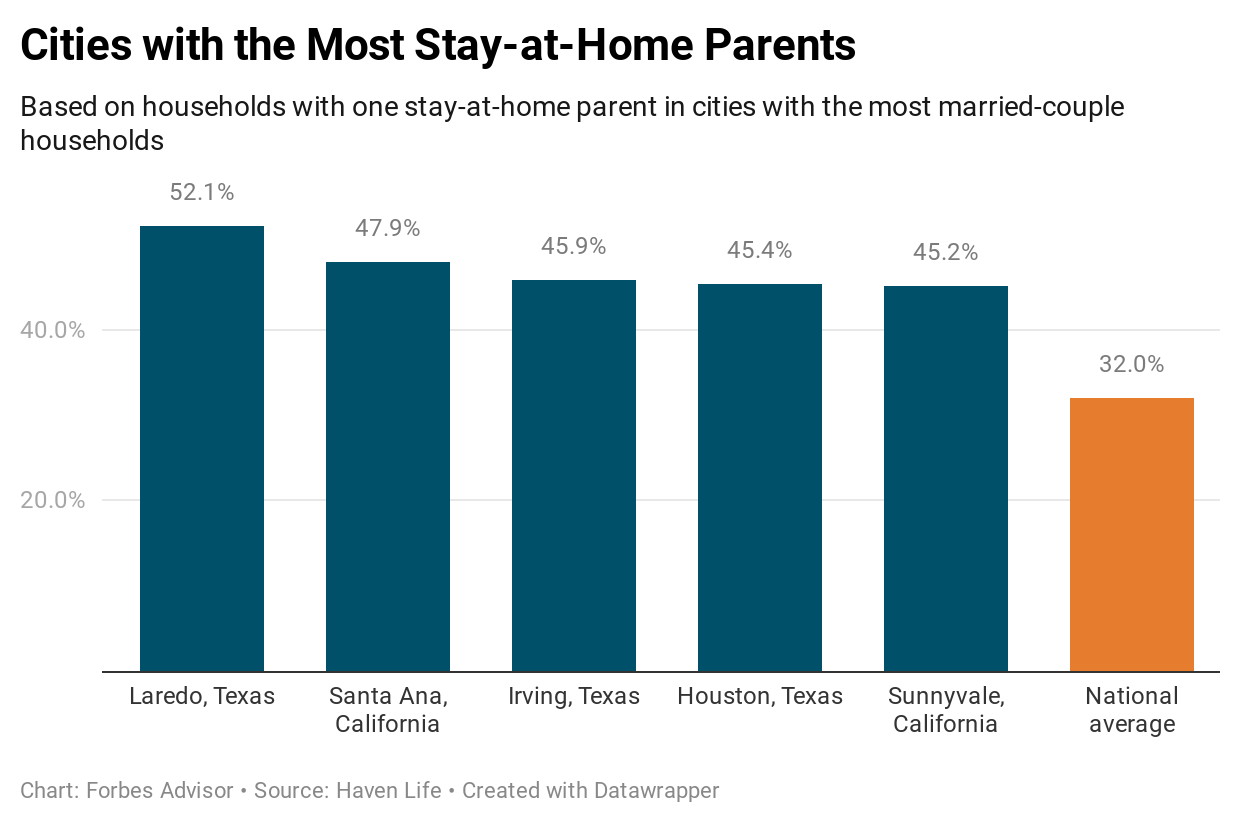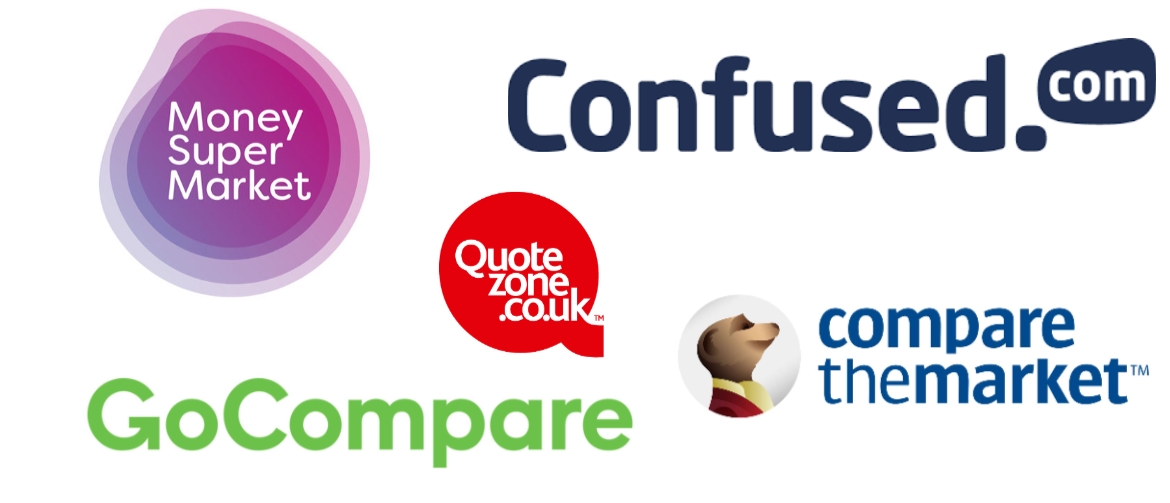
What is Premium Tax Credit?
The Premium Tax Credit is a federally-funded program that lowers insurance premiums for those who purchase their coverage through the Health Insurance Marketplace. Families and individuals that meet the eligibility requirements with an income below the federal level of poverty can receive this tax credit.
How does it work?
When you apply for health insurance through the Marketplace, you estimate your family's income so that your insurer can determine the amount of the premium tax credit you'll receive. This credit is then transferred directly to the insurance company and lowers your monthly premium costs.
When your insurer issues your policy, if you are eligible for the premium tax credit you will receive a "Health Insurance Marketplace Statement", also known as a Form 1095-A. The form also reports the amount of your premium tax credit to the IRS for tax purposes.
Your credit for premium taxes is determined by your estimated household's income, the number of people in your taxfamily (you and your spouse, or both, if you file a joint return), as well as your dependents. Your premium tax credits will change if either your income or the size of your tax family changes.

What happens when your income exceeds what you expected to earn?
Your premium tax credit may need to be repaid if your household income rises during the year. The maximum amount that you can pay back is capped at 400 percent of your household's income. This is known as the "clawback."
How does it function when your income fluctuates?
Marketplace should be notified of any change in your income as quickly as possible. This will save you money at the end the year when you have to pay back the excess premium tax credit.
The amount that you will have to repay depends on whether your income is over the poverty line or not. The rules can be found in the instructions to Form 8962. This is the form used to report the information related to claiming a cost offset for purchasing health insurance via the Health Insurance Marketplace.
What is Form 8962?
The amount of the advance premium credit you received in 2021 will be reported on your tax return. The amount that you will have to reimburse depends on the results from the reconciliation of your 2021 advance premium tax credit with the premium credit for the year.
This form is used to reconcile any advance premium credit that you may have received between 2021 and now. This form may be found at your state website or on the IRS website.

IRS also requires you to submit the results of the reconciliation for the advance premium credit received during 2021. The line 29 will appear on your federal 2021 tax return.
There are exceptions to the rule. For example, if your household's income is over 138% of the federal poverty level and you live in a state which has not expanded Medicaid under the ACA. Or if unemployment compensation was paid for any week in 2021. These exceptions, however, only apply to income you reported for your taxes in 2021.